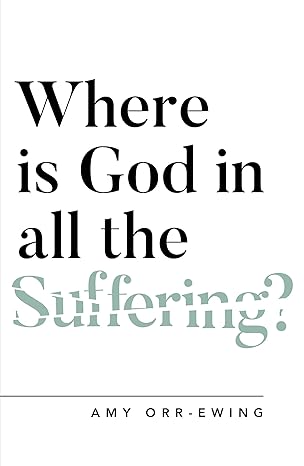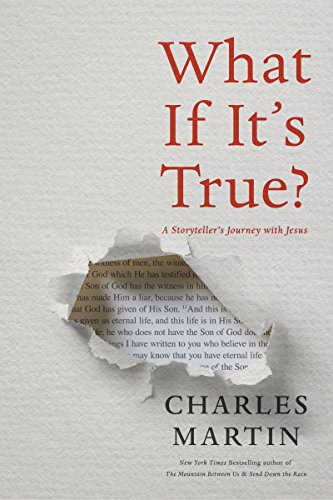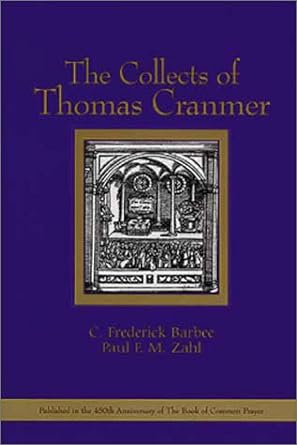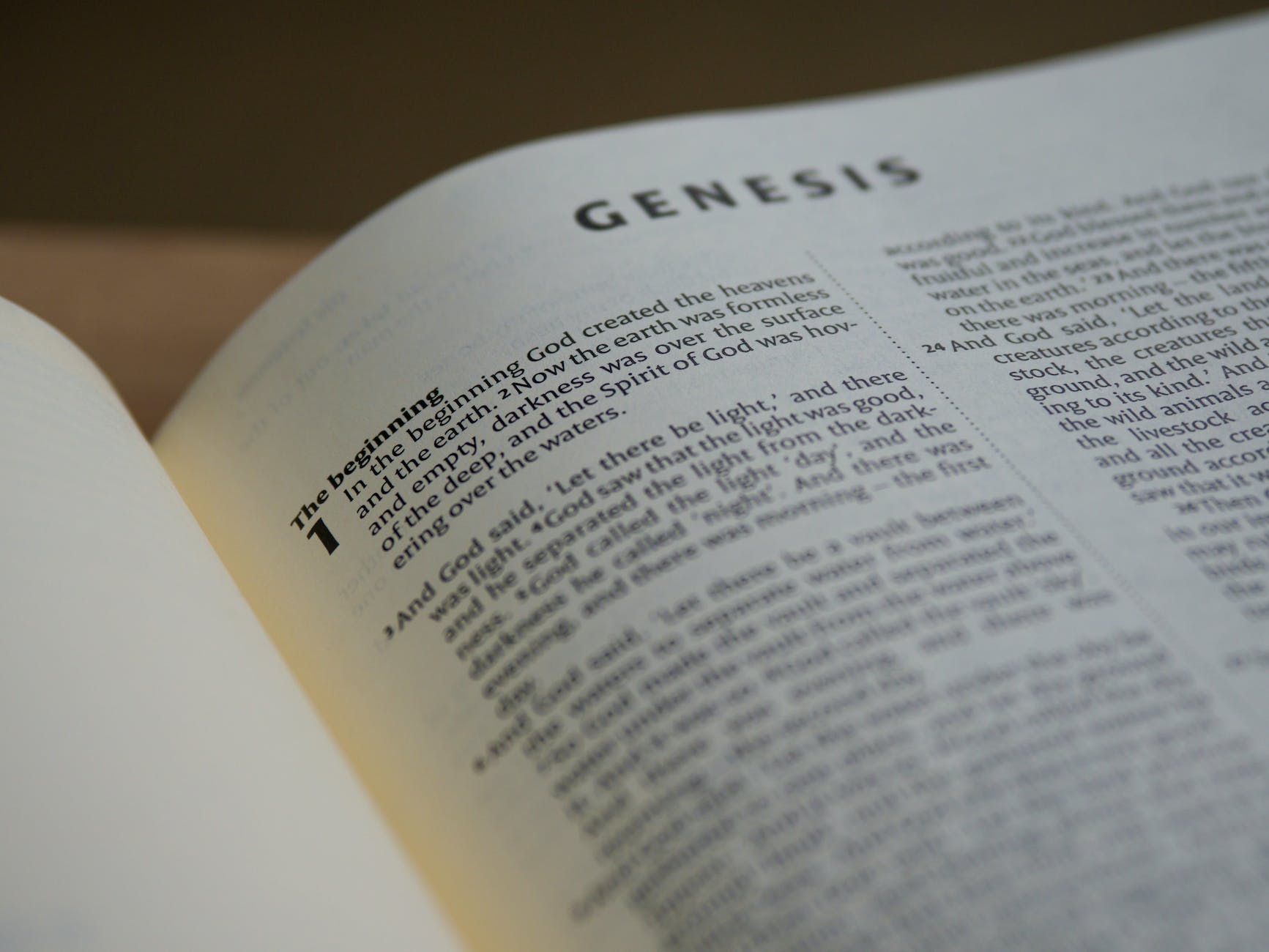A review of Where is God in all the Suffering?
I began this book immediately after last week’s book, What if It’s True? The author. Amy Orr-Ewing, is an Oxford-educated, a writer, and director of an apologetics center. While she is a passionate layperson devoted to evangelism, she does not have the novelist’s eyes that Charles Martin has.
That made getting into this slim volume (130 pages) a little more challenging for me. The best parts of the book are where she relates her own experiences, or the experiences of others very close to her, in suffering. Her depiction of the Grenfell Tower fire opens the chapter on Anger. Anyone who keeps up with the international news remembers that – but many don’t know about the events in the week after – the service that she and her husband conducted for the survivors and community after. That moving story showcases God’s love for all those angry and in pain in that tragedy.
With these scenes from her life Orr-Ewing begins the chapters of this book. Each chapter focuses on a particular emotion or type of suffering: grief, sickness, natural disasters, violence, and more. In each chapter, after the opening, she looks at how Christians perceive God’s response. Where is He? She continually contrasts the materialist/atheist philosophy against what Christians believe. In the chapter on sickness, she writes:
But why should the physical frailty of our bodies hurt us at this almost transcendent level? Could our human experience of illness be a reminder, an indicator, that to be human is to be more than a material entity of molecules and atoms?
She reminds us that Hebrew poets from 3,000 years ago were asking God about this in words that Christians and Jews cherish today:
Hear my prayer, Lord;
Psalm 102: 1-2a
let my cry for help come to you.
Do not hide your face from me
when I am in distress.
The Psalmist continues with vivid depictions of his illness:
My heart is blighted and withered like grass;
Psalm 102: 4-5
I forget to eat my food.
In my distress I groan aloud
and am reduced to skin and bones.
This second book in my Lenten reading series made me realize anew the power of story to convey truth. A story captures our imaginations and brings us in. A listener or reader empathizes with the characters, perhaps cheering them on or watching in despair. Stories are what we remember – not lectures. After all, did not the greatest teacher ever known teach in parables?





